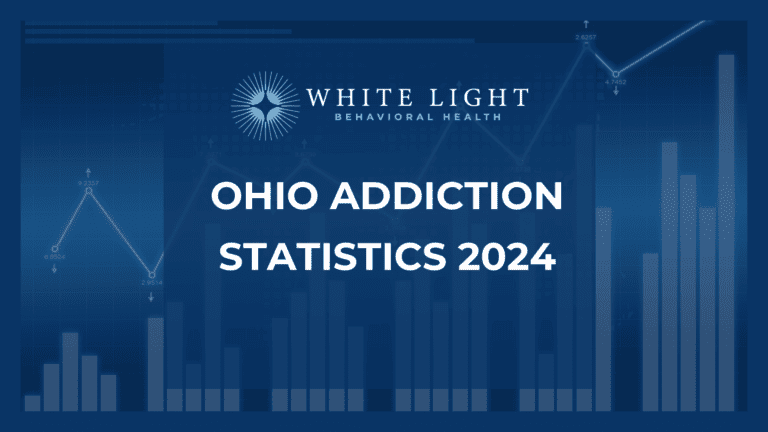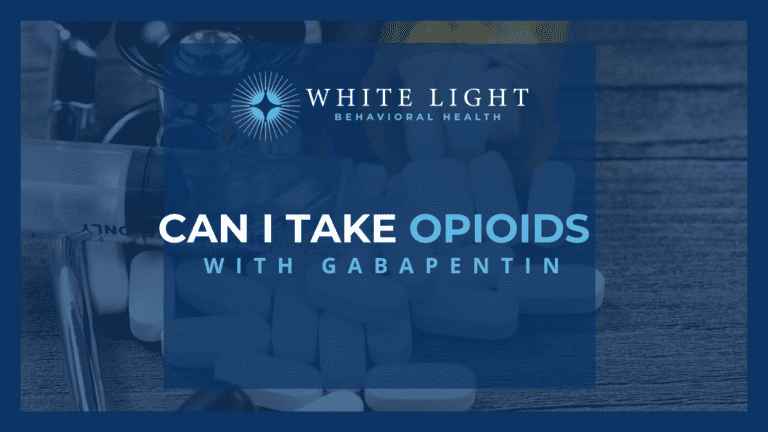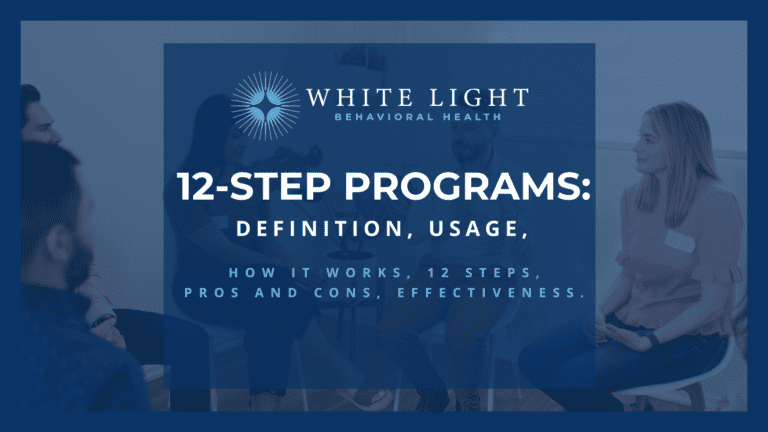Benzodiazepines are medications that cause people to be sedated. Physicians prescribe them to relieve muscle spasms and anxiety; they also reduce seizures. Although you must have a prescription to take benzodiazepines, many people are misusing these substances. Only about 20% of benzodiazepine users have a prescription for these medications, and the others are getting them from their relatives or friends. Overall, 17.1% of benzodiazepine users were misusing the substance from 2015 to 2016. As this occurred, these users were also experiencing suicidal ideation, mental disorders, and visits to the emergency room.

Benzodiazepines are on Schedule IV of the Schedules for Controlled Substances, so they have a low potential for abuse. However, the Food and Drug Administration requires that benzodiazepines carry a boxed warning that states that using benzodiazepines can lead to misuse and addiction. It can also cause physical dependence and withdrawal symptoms if the user stops taking this medication.

Withdrawal from benzodiazepines begins within 24 hours of the last dose that was taken. The symptoms may last a couple of days, but they have been known to last as long as a couple of months. Benzodiazepine withdrawal is highly complicated because it occurs in three stages.
Benzodiazepine Detox And Rehab Services at White Light in Columbus, Ohio
White Light Behavioral Health approaches benzodiazepine detox with a comprehensive, client-centered treatment plan. Recognizing that each individual’s experience with benzodiazepine dependence is unique, our programs are tailored to meet specific needs. This includes offering dual diagnosis treatment for clients who are dealing with co-occurring mental health disorders alongside their benzodiazepine withdrawal. Our Ohio facility is equipped with the latest in medical and therapeutic care, ensuring that each client receives the best possible support throughout their detox journey.
At White Light Behavioral Health, we offer a spectrum of programs tailored to guide you through every stage of recovery from benzodiazepine dependence, ensuring a holistic journey back to health and well-being. Our commitment to comprehensive care encompasses a variety of specialized services:
- Residential Rehab: Dive into recovery with our Residential Rehab program, providing a nurturing environment where clients receive round-the-clock care. This program lays the foundation for a successful detox, combining medical supervision with therapeutic support to start your journey on solid ground.
- Intensive Outpatient Program (IOP): Transition smoothly into your daily life while still receiving substantial support. Our Intensive Outpatient Program is designed for those who need continued care but with the flexibility to accommodate work, school, or family responsibilities, offering a balanced approach to therapy and personal development.
- Partial Hospitalization Program (PHP): The Whitelight Partial Hospitalization Program offers a structured yet flexible treatment option, perfect for clients seeking intensive care without a residential stay. It serves as an essential link between inpatient care and outpatient treatment, providing a supportive environment for healing during the day with the comfort of returning home at night.
Our integrated approach combines medical detoxification, individual and group therapy, wellness and nutrition, and personalized aftercare planning. By choosing White Light Behavioral Health, you’re not just getting through detox; you’re building a foundation for a sober, healthier future. Let us guide you towards lasting recovery with our continuum of care, tailored to your unique journey.
Why White Light is Your Choice for Benzodiazepine Rehab and Detox in Ohio
Choosing White Light Behavioral Health for benzodiazepine detox means selecting a facility that prioritizes your health, safety, and long-term recovery. Here are several reasons why White Light stands out:
- Experienced Medical Staff: Our team comprises professionals who specialize in addiction medicine, ensuring that you receive expert care throughout the detox process.
- Personalized Treatment Plans: We recognize the uniqueness of your journey and tailor our services to meet your individual needs, enhancing your chances of successful recovery.
- Supportive Environment: White Light provides a nurturing atmosphere that promotes healing, with staff who understand the challenges of withdrawal and are committed to offering the support you need.
- Commitment to Comprehensive Care: Beyond detox, we offer therapy, wellness programs, and aftercare planning to address all aspects of recovery, setting the foundation for a life free from addiction.
Who Needs Benzodiazepine Detox In Ohio?
Receiving treatment at White Light Behavioral Health would be highly beneficial to you because you will be in a drug-free environment with 24-hour supervision during the detoxification process. This is the place for you or a loved one if you:
- Need to take benzodiazepines to avoid withdrawal symptoms when you stop using them
- Experience cravings that cause you to take extra doses before it is time for you to do so
- Use a prescription that was written for a friend
- Have become tolerant to the effects of benzodiazepines because you have been increasing your dose of the medication
- Need to refill your benzodiazepine prescription before it is time to do so.

The Process of Benzodiazepine Detox at White Light
Detoxification from benzodiazepines at White Light Behavioral Health begins with a thorough assessment to understand each client’s history, health status, and the extent of their dependence. This initial step ensures that we can provide a detox plan that is as comfortable and effective as possible. Throughout the detox process, clients receive 24/7 medical supervision from our dedicated team, who closely monitor withdrawal symptoms and adjust treatment as necessary. The supportive environment at White Light, combined with our commitment to compassionate care, ensures that clients feel safe and understood during this challenging time.
The Dangers of Benzodiazepine Withdrawal
Detoxing from benzodiazepines is not only challenging but can also be life-threatening without proper medical oversight. Withdrawal symptoms can escalate from mild anxiety and sleep disturbances to severe, acute complications, including seizures, psychosis, and even death. This reality underscores the critical need for a medically supervised detox process. At White Light Behavioral Health, we are acutely aware of the dangers associated with benzodiazepine withdrawal. Our team of medical professionals is equipped to offer comprehensive care, closely monitoring clients to manage symptoms effectively and safely and intervene promptly to prevent any life-threatening complications. By choosing a supervised detox, you’re ensuring a safer path away from dependence, under the vigilant care of experts dedicated to your health and recovery.

Understanding Xanax Detox in Benzodiazepine Recovery
Finding Benzodiazepine Detox and Rehab In Columbus, Ohio
Located in Ohio, White Light Behavioral Health is easily accessible for those seeking help with benzodiazepine withdrawal. Our facility offers a serene setting conducive to healing and recovery.
Take the First Step Toward Recovery
Recovery from benzodiazepine dependence starts with the courage to seek help. White Light Behavioral Health is dedicated to guiding you through the detox process and beyond, with a focus on personalized care and long-term wellness. If you or a loved one is struggling with benzodiazepine addiction, we encourage you to reach out to us. Learn more about our detox program and take the first step on your path to recovery.
Frequently Asked Questions About Benzodiazepine Detox In Ohio
How long does benzodiazepine detox take?
The duration of detox can vary based on several factors, including the length and intensity of benzodiazepine use. Typically, the acute phase of withdrawal lasts from a few days to two weeks, with our team providing support throughout.
What are the next steps after detox?
After detox, the journey to recovery continues with our Residential Rehabilitation program, serving as the ideal next step. This program deepens the foundation laid during detox, focusing on intensive therapy to tackle the psychological facets of addiction. Emphasizing the importance of our full continuum of care, we’ve found that a comprehensive approach, incorporating residential care followed by Intensive Outpatient Services and Aftercare Support, significantly enhances the chances of achieving lasting sobriety. This structured progression ensures you’re equipped with robust coping mechanisms and support for sustainable recovery.
Does White Light accept insurance for detox services?
Yes, White Light works with many insurance providers to cover the cost of detox and treatment. Our admissions team is available to assist with insurance verification and explore your coverage options.
Can family members participate in the treatment process?
Family involvement is an important part of the recovery process. White Light encourages family participation through therapy sessions and educational programs, helping to rebuild relationships and support systems.



